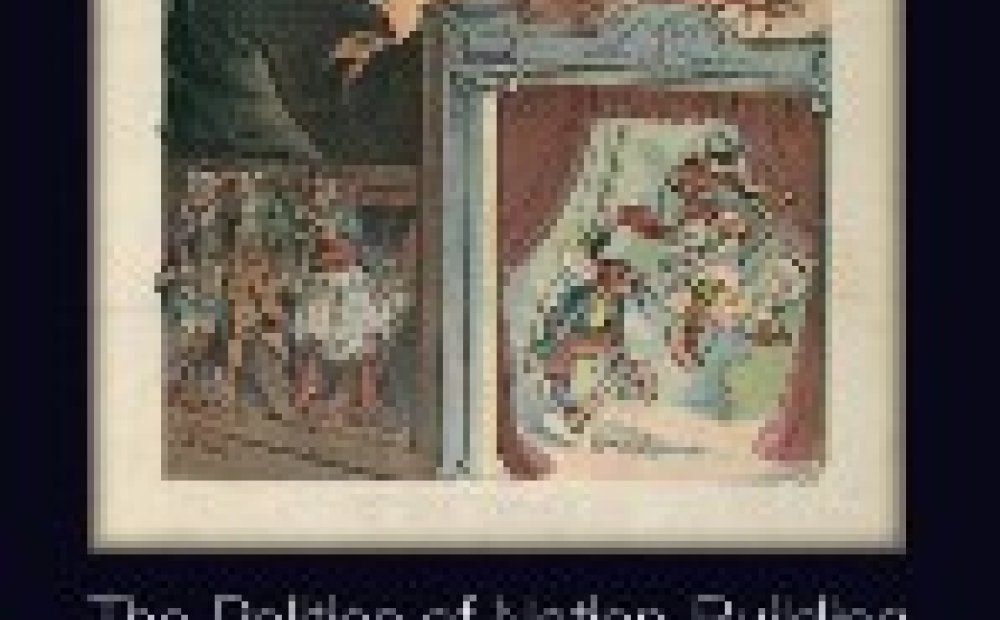The Politics of Nation-Building: Making Co-Nationals, Refugees and Minorities

What drives a state's choice to assimilate, accommodate, or exclude ethnic groups within its territory? In this pathbreaking work on the international politics of nation-building, Harris Mylonas argues that a state's nation-building policies toward non-core groups - any aggregation of individuals perceived as an unassimilated ethnic group by the ruling elite of a state - are influenced by both its foreign policy goals and its relations with the external patrons of these groups.
Through a detailed study of the Balkans, Mylonas shows that the way a state treats a non-core group within its own borders is determined largely by whether the state's foreign policy is revisionist or cleaves to the international status quo, and whether it is allied or in rivalry with that group's external patrons. Mylonas explores the effects of external involvement on the salience of cultural differences and the planning of nation-building policies. The Politics of Nation-Building injects international politics into the study of nation-building, building a bridge between international relations and the comparative politics of ethnicity and nationalism. This is the first book to explain systematically how the politics of ethnicity in the international arena determine which groups are assimilated, accommodated, or annihilated by their host states.
Joining Harris Mylonas for this book presentation will be Wilson Center Fellow Georgi Derluguian. The discussion will be moderated by John R. Lampe, professor emeritus of history at the University of Maryland.
Harris Mylonas completed his Ph.D. at Yale University in 2008 and then joined the Political Science department at George Washington University as an Assistant Professor in the fall of 2009. He is also an Academy Scholar at the Harvard Academy for International and Area Studies where he conducted research in 2008-2009 and 2011-2012 academic years. His research focuses on the processes of nation- and state-building, the politicization of cultural differences, immigration policy, and political development. He has published in Comparative Political Studies, Ethnopolitics, European Journal of Political Research, and various edited volumes. He is currently working on his second book project--tentatively entitled The Politics of Ethnic Return Migration--analyzing the policies that states develop either to attract and/or to incorporate people returning to their country of origin, allegiance, or citizenship.
Georgi Derluguian is a Wilson Center fellow and an associate professor of social research and public policy at New York University in Abu Dhabi. He is the author of the award-winning monograph Bourdieu’s Secret Admirer in the Caucasus (University of Chicago Press, 2005). During his academic career, Derluguian has taught at a number of distinguished universities, including Sciences Po and UniversitÈ de Bordeaux in France, Tallinn Technological University in Estonia, Kiev State University in Ukraine, and Northwestern University. Derluguian's Wilson Center research project examines the Soviet collapse and China’s rise through a comparative sociological perspective.
Speakers

Associate Professor of Social Research and Public Policy, New York University, Abu Dhabi

Professor Emeritus, Department of History, University of Maryland, College Park
Hosted By

Global Europe Program
The Global Europe Program is focused on Europe’s capabilities, and how it engages on critical global issues. We investigate European approaches to critical global issues. We examine Europe’s relations with Russia and Eurasia, China and the Indo-Pacific, the Middle East and Africa. Our initiatives include “Ukraine in Europe”—an examination of what it will take to make Ukraine’s European future a reality. But we also examine the role of NATO, the European Union and the OSCE, Europe’s energy security, transatlantic trade disputes, and challenges to democracy. The Global Europe Program’s staff, scholars-in-residence, and Global Fellows participate in seminars, policy study groups, and international conferences to provide analytical recommendations to policy makers and the media. Read more
